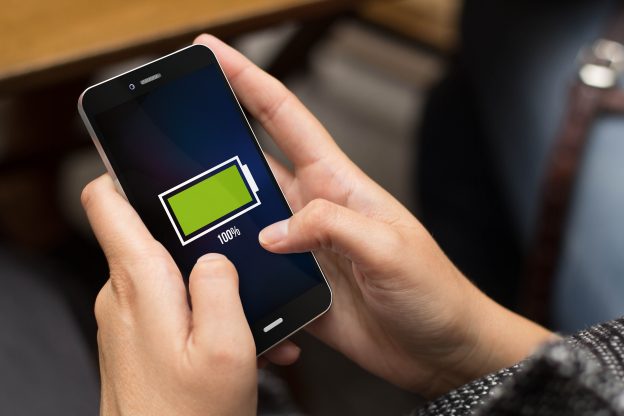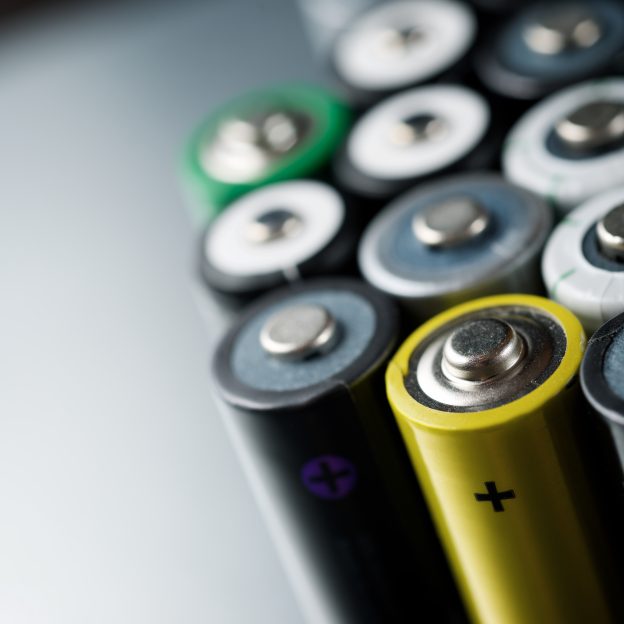 |
A group of researchers from the Netherlands have recently found out that with the aid of bacteria, a new biological battery that charges and discharges can be created. They’ve tested this system on the small scale and managed 15 charge cycles in a row.
This “bioelectrochemical” battery consists of two parts. There’s a microbial electrical synthesis (MES) module that takes electrons and uses them to generate acetate. This is a metal salt that can be used to store electrical charge. The other side of the battery is a microbial fuel cell (utilizing various anaerobic bacteria) that processes that acetate via reduction/oxidation, resulting in the release of electrons. These are then fed into a circuit to harvest the power that was stored in the first step. More power can be added to the MES system to recharge, and the whole process starts over again.
The team tested this design by feeding power in over the course of 16 hours. It then provided power over the course of 8 hours. It may be a great match for solar power, and indeed that’s the application the researchers have in mind. In areas that have lots of sunlight, there’s an almost unlimited supply of power during the day, but you have to store that power for use at night.
The bacterial battery might be ideal for storing energy from solar power, but first some improvements need to be made. For one, the efficiency isn’t what we’d expect from a modern lithium-polymer battery. The team reports roughly 30-40% cycle efficiency, compared with upward of 80% in the best batteries we have now. The bacterial batteries would also need a bit more care than a lithium-ion system. If the bacteria inside were to die, the battery would stop working.
Despite these shortcomings, the study authors believe that this is an important first step. The study includes data from 15 charge cycles of the battery, and it maintained very consistent performance throughout. The self-renewing nature of bacterial colonies might mean this approach has better longevity than lithium-ion, which only works for a few hundred cycles.
With additional research, bioelectrochemical batteries may have similar capacity and efficiency compared with conventional ones, but with much lower costs and fewer volatile chemicals. Like so many other proposed battery technologies, this one is a few years off.
Source: extremetech







